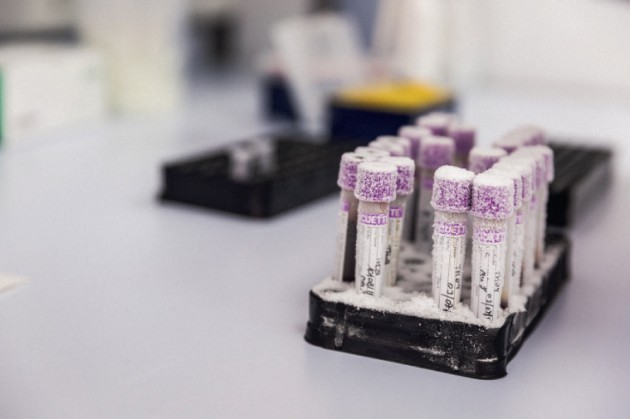-
Tips for becoming a good boxer - November 6, 2020
-
7 expert tips for making your hens night a memorable one - November 6, 2020
-
5 reasons to host your Christmas party on a cruise boat - November 6, 2020
-
What to do when you’re charged with a crime - November 6, 2020
-
Should you get one or multiple dogs? Here’s all you need to know - November 3, 2020
-
A Guide: How to Build Your Very Own Magic Mirror - February 14, 2019
-
Our Top Inspirational Baseball Stars - November 24, 2018
-
Five Tech Tools That Will Help You Turn Your Blog into a Business - November 24, 2018
-
How to Indulge on Vacation without Expanding Your Waist - November 9, 2018
-
5 Strategies for Businesses to Appeal to Today’s Increasingly Mobile-Crazed Customers - November 9, 2018
London Marathon results called into question by in-depth doping investigation
London Marathon organizers are “very concerned” by claims in a British Sunday newspaper that the race was won seven times over a 12-year period by athletes who recorded suspicious blood scores.
Advertisement
The IAAF has continued its fightback against widespread allegations that it failed to act on hundreds of suspicious blood tests by highlighting a strong message of support from one of the “pioneers” of the anti-doping movement.
It also said that one in four winners of the six biggest city marathons around the world “had given blood tests that suggest they may have doped to improve their performance over time”.
The allegations follow an announcement from double Olympic champion Mo Farah that he will make his anti-doping blood test data public.
The leaked blood tests have jolted the world of worldwide athletics since a German broadcaster and a British newspaper first published reports about them a week ago.
“We believe there are people in our sport who are cheating and everyone has a part to play to protect those who are not”, he said.
“We continue to be at the forefront of anti-doping measures for marathon runners as we are determined to make marathon running a safe haven from doping but we can not do it all on our own and rely heavily on the IAAF”, Bitel said.
“We are therefore very concerned by the allegations made in the Sunday Times today and we will be discussing the implications of the allegations with the IAAF”. “It is good to see the organisations investigating and I hope they can quickly get to the bottom of it”.
“It went on to say “…(the results) are largely based on analysis of an IAAF Data Base of private and confidential medical data which has been obtained without consent.
“The IAAF has been involved in all major developments of the fight against doping, including the introduction of the first blood tests for anti-doping purposes back in the early 1990s”.
“Their statement does not address the fact that they had no knowledge whatsoever of the actions taken by the IAAF in following these suspicious profiles”.
The results of the London Marathon have been called into question by an in-depth doping investigation. The IAAF needs to do more to stop people from starting (a race) that have blood values that are out of normal range.
“But we never get these results even though we are paying tens of thousands to get athletes tested – only after the IAAF finally take action are we made aware, but by then it is too late”.
Not all of the tests studied by the Sunday Times were taken at the time of the marathons in question.
The athletes whose blood experts have deemed suspicious collectively won more than £4 million in prize money from marathons including Chicago, London, New York and Boston. It is claimed none of these athletes have been stripped of their medals.
Advertisement
The IAAF quoted Ljungqvist, an honorary life vice-president of the athletics governing body, in a statement saying: “The IAAF did more than others, before the others, but is now criticised by people, who have no insight into the work of IAAF, for not having done enough”. Liliya Shobhukova is an example of this: her original blood test was taken in 2009 and this led to her positive test and retrospective ban that has just been announced.





























